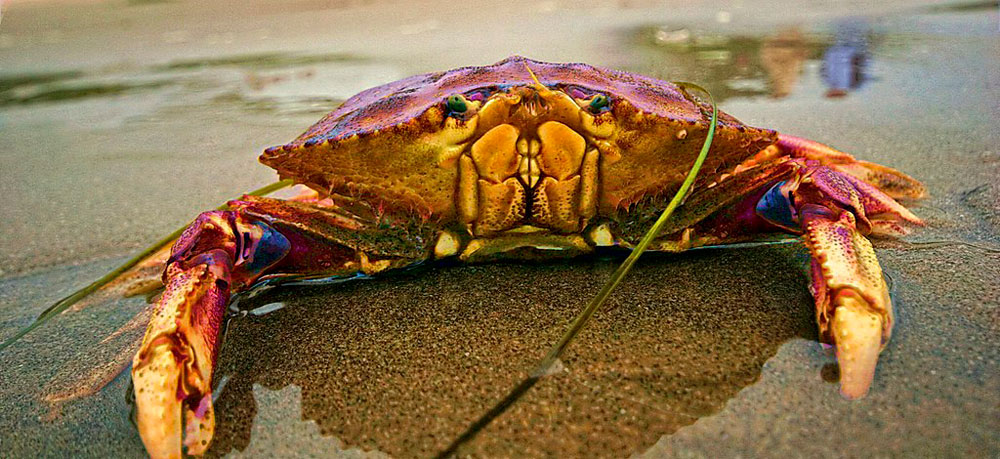
August 8, 2020; KGW-TV (Portland, OR)
The pandemic has devastated Oregon’s fishing industry; a wave of restaurant closures have dried up markets in the United States and overseas. In the coastal town of Newport, Oregon, the impact has hit the whole community, since, as Taunette Dixon, co-president of Newport Fishermen’s Wives, says, “fishing is the largest industry” there. But when 185 cases of the virus surfaced at the Pacific Seafood plant in Newport, fishing stopped entirely for a while.
Tim Novotny of the Oregon Dungeness Crab Commission calls the season an unprecedented disaster, and that affects the broader local economy. “[Fishing] is a huge part of Oregon, not just the coastal communities,” Novotny says. “It is the lifeblood [of the coast].”
Some $16 million in relief funds for the businesses themselves have been made available through the CARES Act, but the community has stepped up to develop a response for the fishers’ families. In Newport, Oregon, the Fishermen’s Wives association has raised money for locals who have lost income. They are invited to apply online by August 19, 2020.
Sign up for our free newsletters
Subscribe to NPQ's newsletters to have our top stories delivered directly to your inbox.
By signing up, you agree to our privacy policy and terms of use, and to receive messages from NPQ and our partners.
“We’re hoping not to have to turn any families away,” Dixon says. “We’re hoping to help as many families as we can.”
Fishermen’s wives’ associations have a history. One of the better known is the Gloucester Fisherman’s Wives Association, whose mission is “promoting the New England fishing industry, helping to preserve the Atlantic Ocean as a food supply for the world, and assisting active and retired fishermen and their families to live better lives.” It has promoted sustainable fishing and community-supported agriculture, and even helped develop marketing plans to promote the eating of what had been considered “trash fish” in the United States but were popular in Sicily, where many of the families were from.
Meanwhile, since the crisis isn’t hurting Oregon’s supply any, the Dungeness Crab Commission has joined other industry groups to launch an “Eat Oregon Seafood” campaign. However, no one expects any fortunes to turn on a dime.
“This is going to impact us for a long time,” Dixon notes. “We don’t know the outcome, but we are definitely concerned about the future of the industry.”—Ruth McCambridge













